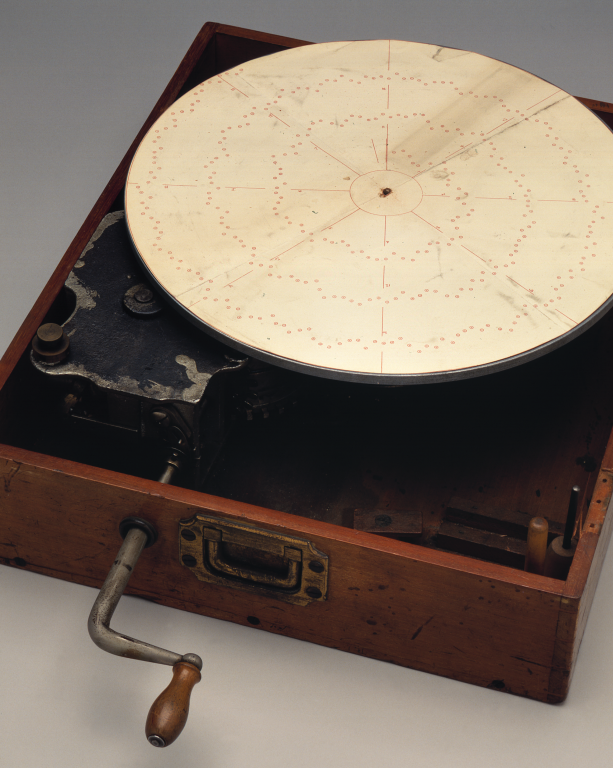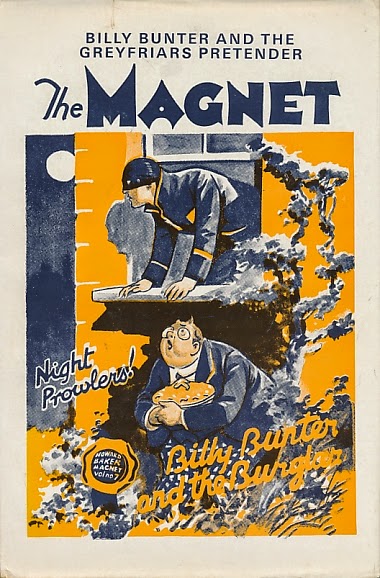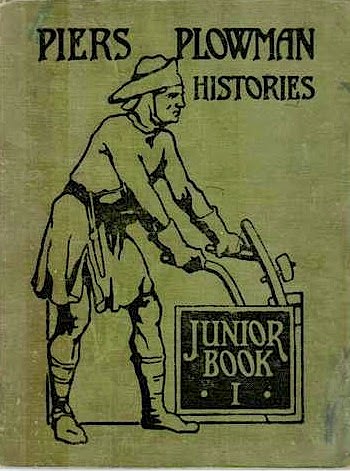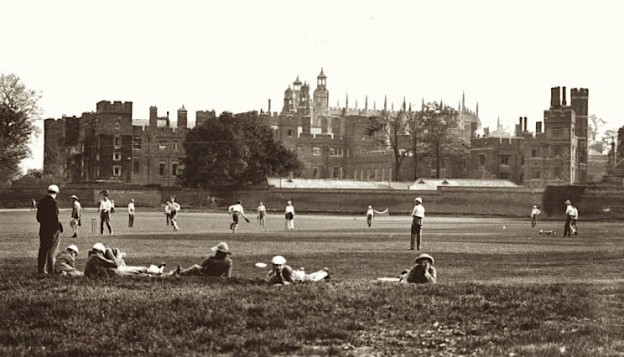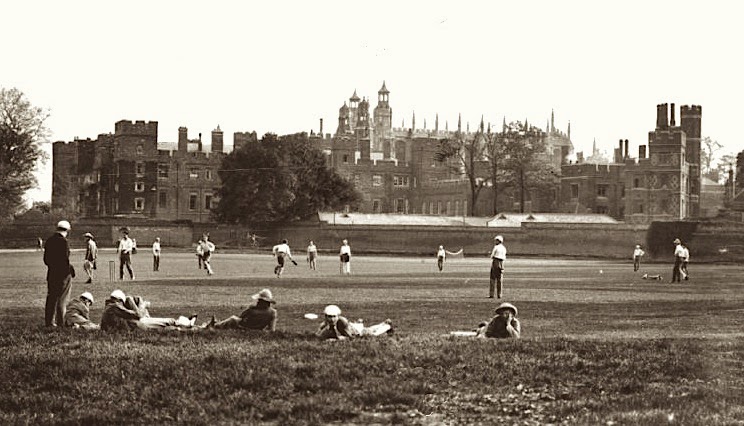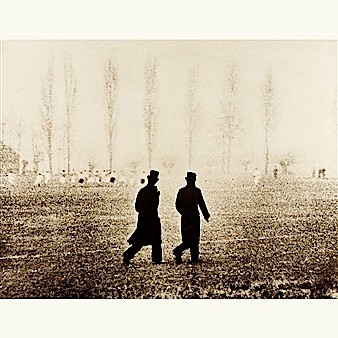
Found - an illuminating pencilled note by one Christopher Bell in the front of The Wild-Flowers of Selborne: and other Papers, by John Vaughan (London, John Lane, 1906.) It has more information than has been currently available on Canon Vaughan (1855 - 1922) - a distinguished botanist and writer on natural history, unknown to the DNB and Wikipedia. COPAC record 10 books by him including: A short memoir of Mary Sumner: founder of the Mothers' Union / A short history of Portchester Castle (his first work from 1894) Lighter studies of a country rector / The music of wild flowers (his last work from 1920) A mirror of the soul, short studies in the Psalter /Winchester Cathedral close: its historical and literary associations. Bell writes:
I knew John Vaughan and worked with him as my fellow curate (and senior) in the Parish of Alton. He was then (1884) considered the best botanist in all Hampshire and had a fine herbarium (pp 62, 85). He generally had bog bean and other plants in his room and was a very interesting preacher. I got hints from him and started collecting plants for a herbarium after his example. I went to Selborne and found Monotropa on the Hanger. In 1909 - after 25 years - I met him at Walberswick Church at H. C. AV 8. AM. He said he knew me at once. He always had a charm of language - a literary style with a touch of magniloquence (as on page 115 may be seen) that contrasted with his modest and somewhat reserved sort of manner. He married the vicar's daughter - Miss Whyley. [1911]
The magniloquent ('high flown, fancy, flowery') passage referred to on page 115 reads thus:
When prehistoric man reared his barrows to tumuli over the remains of his distinguished dead, there is no reason to doubt that then, as now, the frog-orchis blossomed on Old Winchester Hill, and the autumnal gentian was abundant on Crawley Down. When the Druid priest, clothed in white raiment and bearing a golden sickle, went forth to cut the mistletoe, the Selago flourished on the heath, and the Samolus by the running stream. When the Romans made their straight road from Portchester to Winchester, through the dense forest of Anderida, the dogwood and the spindle tree fell before their axes, and the wild daffodil was trampled under their feet. When the black boats of the Northmen made their way up the Hamble River, the marsh sapphire covered the muddy banks, and the sea holly blossomed on the shore. Unnoticed and uncared for, the wild flowers, then as now, each in their own season throughout the changing year, "wasted their sweetness on the desert air".






